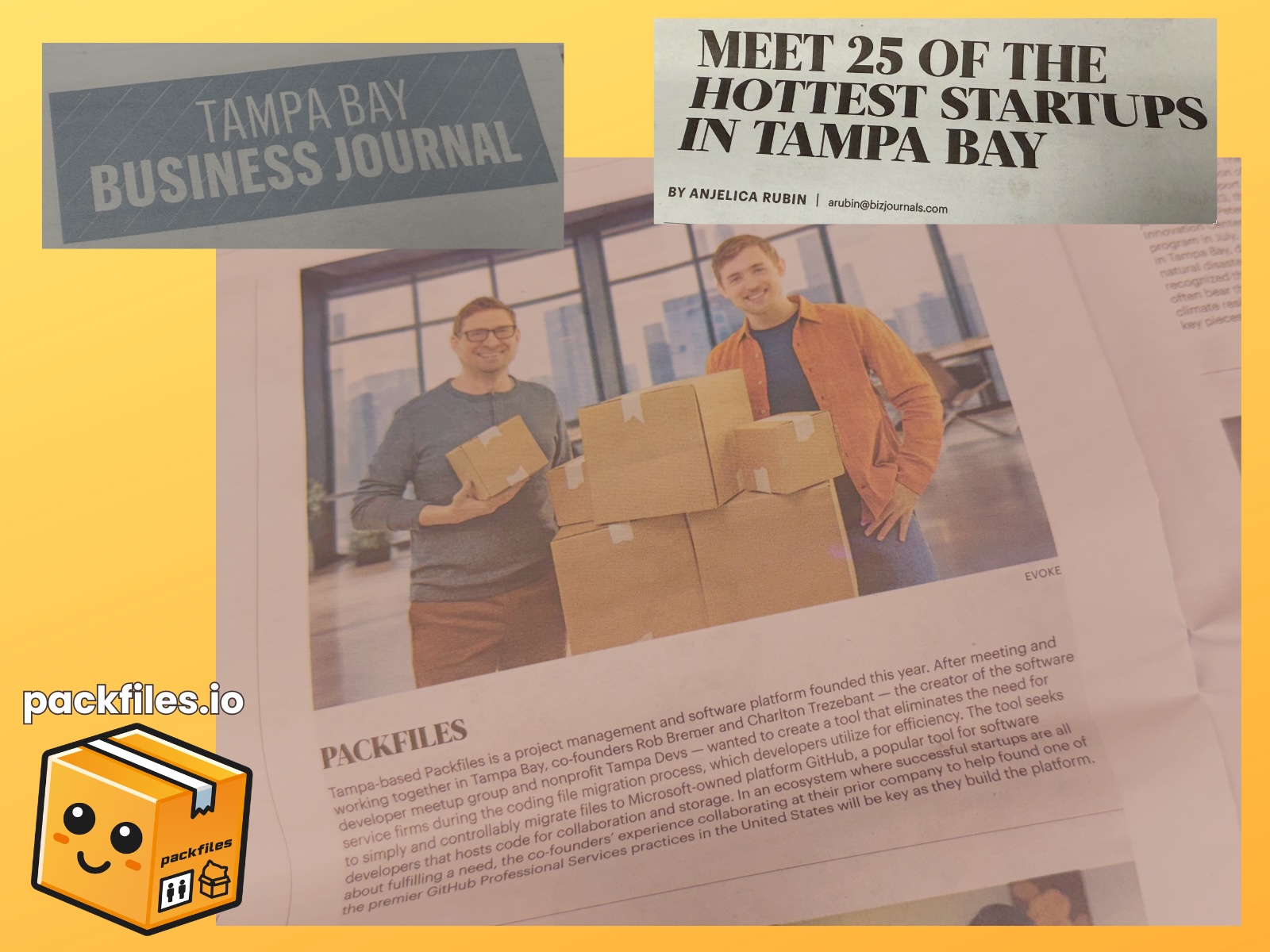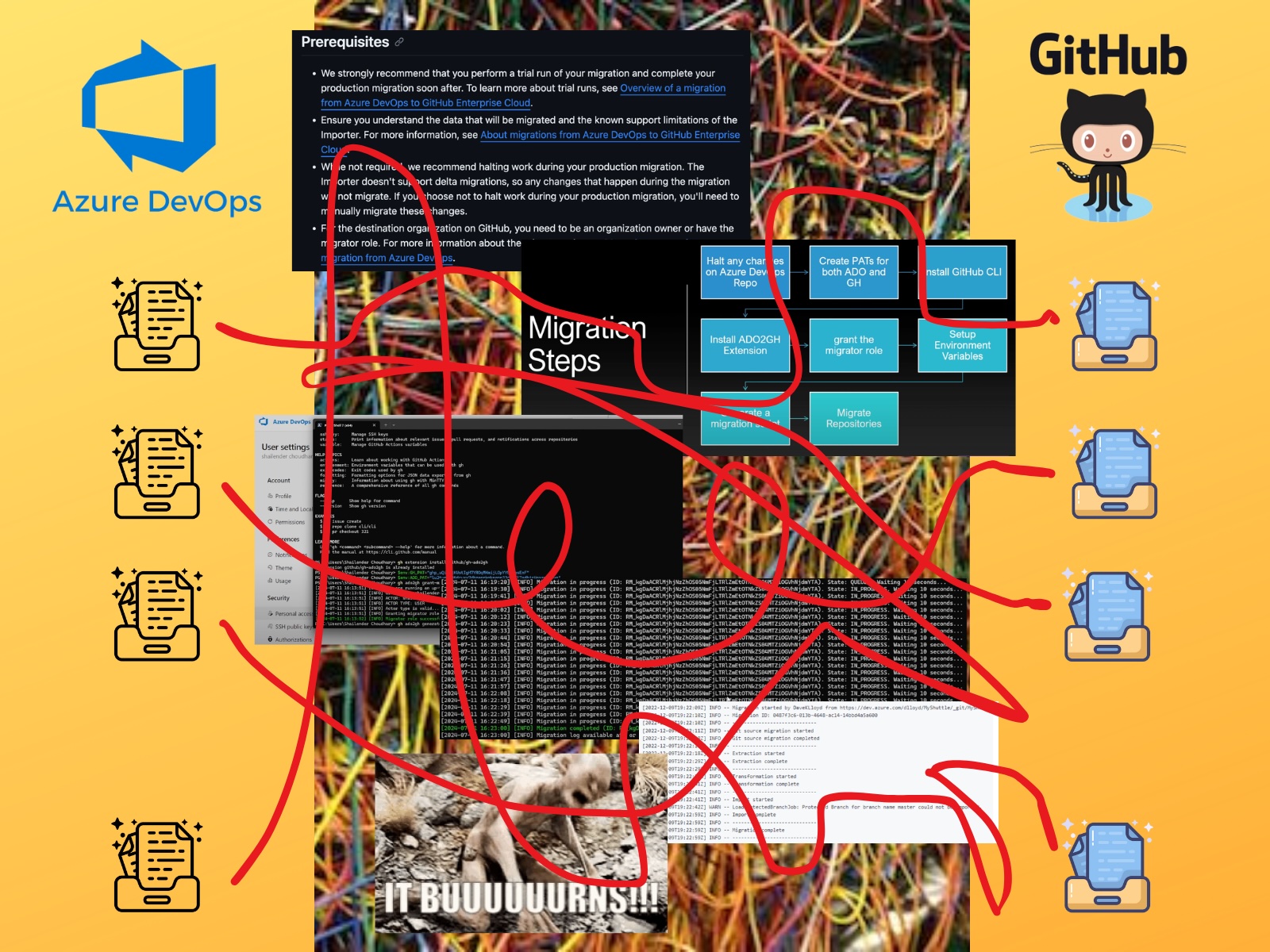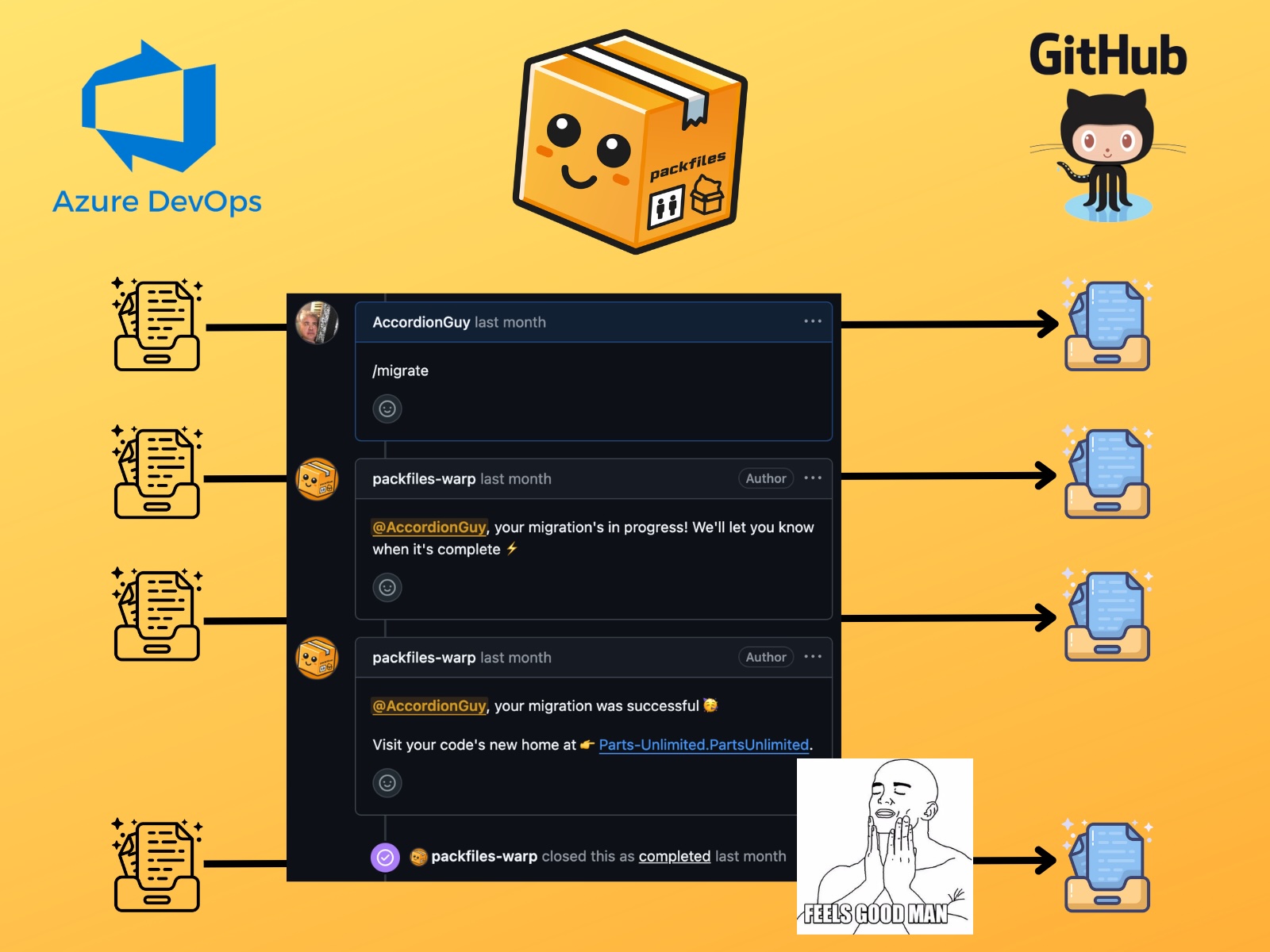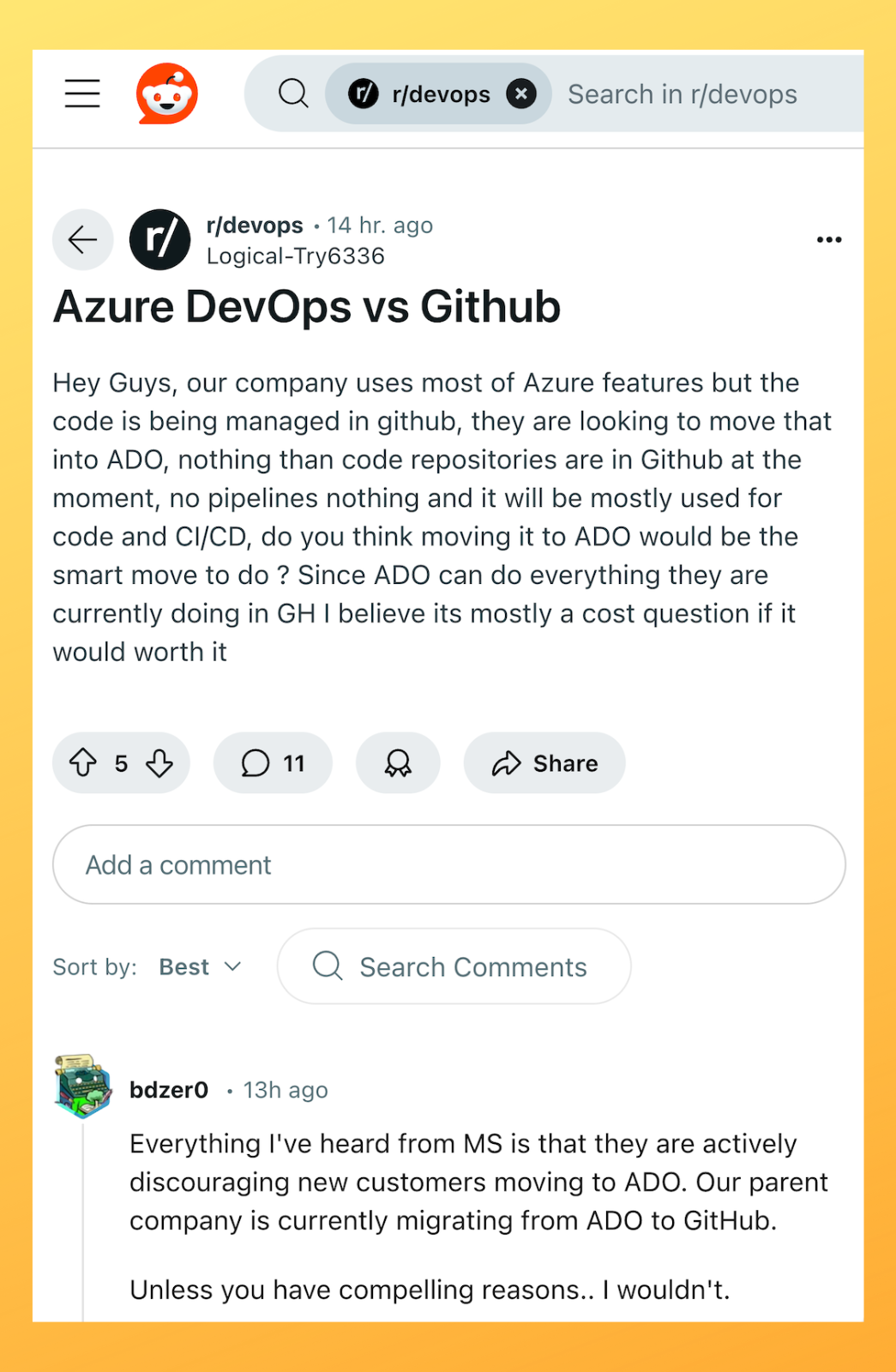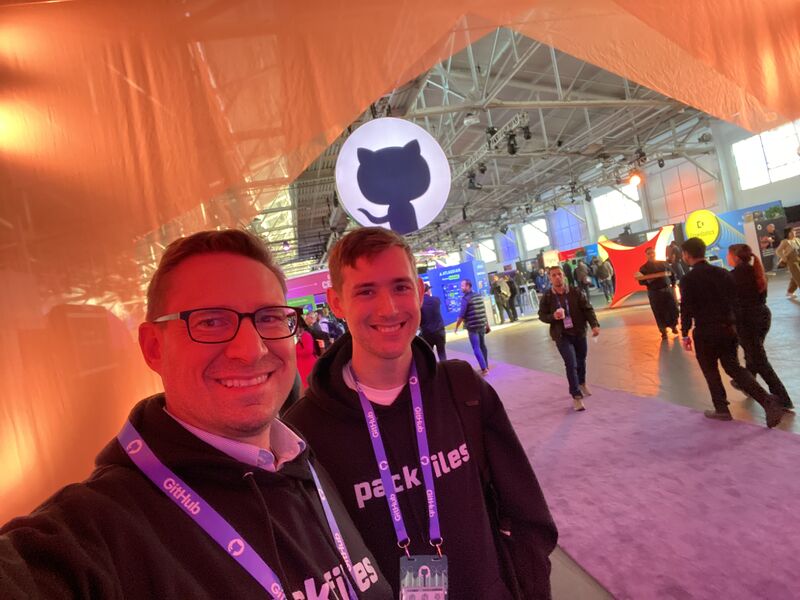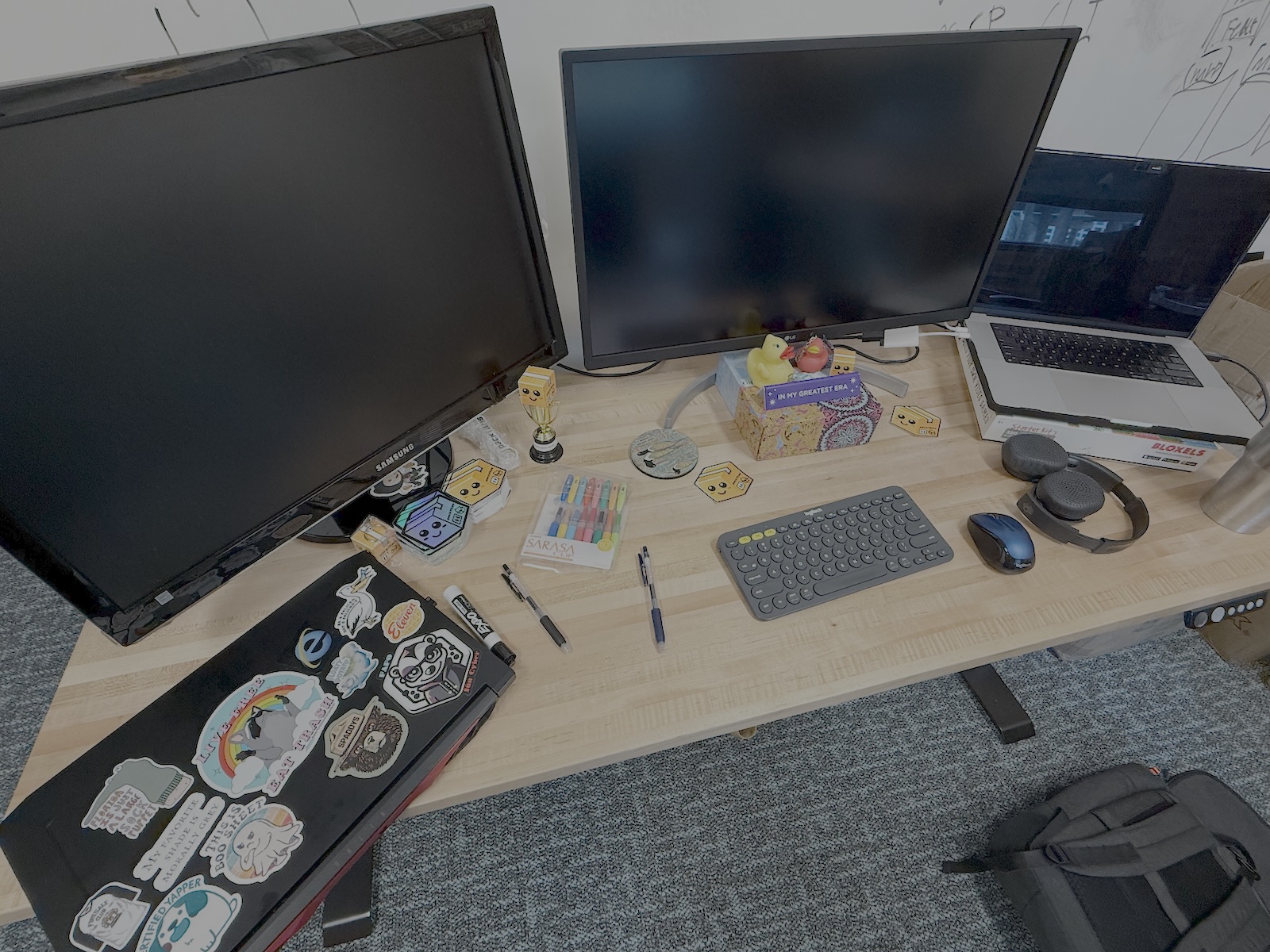What is Packfiles?
Packfiles appears in this week’s edition of Tampa Bay Business Journal as one of the “25 Hottest Startups in Tampa Bay”, and I’m pleased to report that I’m working with them!
Here’s what they wrote:
Packfiles
Tampa-based Packfiles is a project management and software platform founded this year. After meeting and working together in Tampa Bay, co-founders Rob Bremer and Charlton Trezevant — the creator of the software developer meetup group and nonprofit Tampa Devs — wanted to create a tool that eliminates the need for service firms during the coding file migration process, which developers utilize for efficiency.
The tool seeks to simply and controllably migrate files to Microsoft-owned platform GitHub, a popular tool for software developers that hosts code for collaboration and storage. In an ecosystem where successful startups are all about fulfilling a need, the co-founders’ experience collaborating at their prior company to help found one of the premier GitHub Professional Services practices in the United States will be key as they continue to build the platform.
Okay, that’s the layperson’s explanation. What does Packfiles actually do?
Packfiles’ SaaS, called Warp, is a GitHub migration service. Normally, the process of migrating repositories from Azure DevOps to GitHub involves a complex process that requires a fair bit of planning, a number of shell scripts with limited support, and tedious, error-prone manual work.
It looks like this:
Warp is built on Packfiles cofounders Rob Bremer’s and Charlton Trezevant’s experience with performing these migrations. It automates the lion’s share of the process, and once you’ve done the necessary configurations, Azure DevOps-to-GitHub migrations end up looking like this:
In case you were wondering, that’s an actual screen capture of what I did to migrate a repository from Azure DevOps to GitHub, and if it looks like the comments section from a GitHub issue, that’s because it is! In Warp, you use GitHub to migrate to GitHub:
- Warp creates a GitHub repository called Migration HQ, which represents the migration-to-GitHub project.
- Each Migration HQ issue represents a repository to be migrated.
- You enter Warp commands in the issue comments. For example, in the issue representing a repository that I wanted to migrate, I entered the “slash command”
/migrateto start the migration process for that repository. Warp first replied in a follow-up comment to tell me that the migration was in progress, and then notified me in another follow-up comment that the migration was complete and provided a link to the repository’s new GitHub location.
Who’s going to use Packfiles’ Warp?
Warp’s target market, as you’ve probably figured out, is organizations who use currently Azure DevOps and want to switch to GitHub.
And who uses Azure DevOps? It turns out there’s a little club of businesses call the Fortune 500, and 85% of them are on Azure DevOps.
This leads to a follow-up question: What makes you think organizations want to move from Azure DevOps to GitHub?
My unofficial answer would be: Have you tried using Azure DevOps?
My more-official answer’s a little more serious, and it’s a citation of a Reddit thread in r/devops from a mere 14 hours ago at the time of writing:
Go and read the rest of the thread to see what they think of Azure DevOps vs. GitHub.
Finally, there’s the reaction that Rob, Charlton, and the rest of the Packfiles team got at the 2024 edition of GitHub Universe, the conference for all things GitHub. They were approached by companies of all sizes, including some very large ones you’ve definitely heard of.
Simply put, Warp solves a problem that most people don’t even know exists, but a lot of organizations need solved.
What will I be doing at Packfiles?
Long story short: I’ll be doing whatever Packfiles needs me to do. A lot of it will involve creating their documentation and developer/devops relations material, as well as technical sales and support.
The work I’ll be doing, especially in the beginning, will be collaborating very closely with Charlton, who’s lead developer and CTO, as well as with developer Justin Linn (whom I’ve been on not one, but two editions of StartupBus), so I’ll be working at least three days a week at Packfiles’ office at Tampa’s premier coworking/incubator space, Embarc Collective. Here’s what I see when I enter the place:
Luckily, it’s a quick drive from my place; in fact, it would take me 35 minutes to bike there, which I’ll do when the weather’s nice.
And here’s my desk at the office:
I’ve been working with Packfiles for the past couple of weeks, and I’m enjoying working there, being “in the room where it happens,” and also seeing the other folks at Tampa Bay’s startups at Embarc Collective.
This should be an interesting year. Keep watching this space for more!
